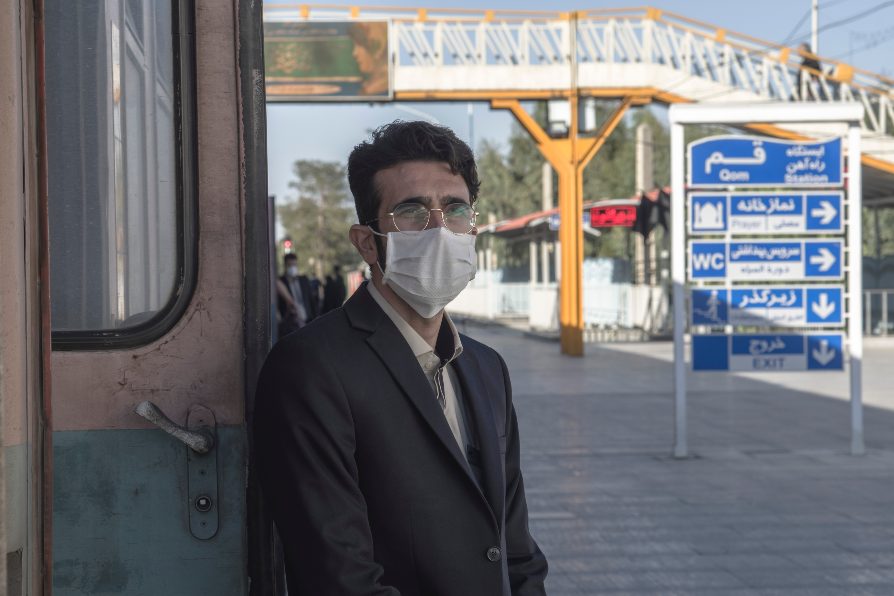Last update: September 16th, 2021.
Iran is suffering a disastrous third wave of COVID, and with a slow vaccine rollout, the possibility of an Irani vaccine passport seems like a distant reality.
Early on, the Iranian Supreme Leader Ayatollah Ali Khamenei announced that British and American vaccines would not be administered in Iran, as they were deemed untrustworthy.
This has set the country back months, as citizens wait for doses of China’s Sinopharm and Russia’s Sputnik vaccines.
Are there vaccine passports in Iran?
As of mid-September, Iran has no digital vaccine passport yet. Citizens are making do with paper cards confirming their vaccination status.
Irani vaccine cards are distributed by healthcare providers at the time of vaccination.
Do I need a COVID certificate to enter Iran?
Iran is currently restricting foreign entries. Iraj Masjedi, Iran’s ambassador to Baghdad, has confirmed that airport testing will stop for Iraqi travelers only.
“With the efforts of the embassy, mandatory PCR tests at Iranian airports have been canceled. Iraqi passengers will be able to enter the Islamic Republic with a negative PCR test card,” he said.
The only other unrestricted travel allowed to Iran is for passengers from Serbia, who can enter Iran with only a PCR test which should not be older than 96 hours.
Some countries are allowed entry with PCR tests upon arrival, but regulations change as the COVID-19 pandemic evolves.
The following countries have been banned from entry to Iran: Botswana, Brazil, Eswatini, India, Lesotho, Malawi, Mozambique, Nepal, South Africa, Uruguay, Zambia, and Zimbabwe.
Black-market vaccines in Iran
The major shortage of vaccines has sent Iran into an all-out crisis, with a massive third wave of infections hitting the country in summer 2021.
Many desperate Iranians have flocked to Armenia and Turkey in the hopes of receiving vaccines, but it can cost thousands of dollars to make the trip.
Some others (with the means to do so) have sought out black market Pfizer and AstraZeneca vaccines that can cost anywhere from $150 to $1200.
Iran is also currently testing several vaccines produced locally.
Is it safe to travel to Iran now?
Iran recorded its highest number of new cases on August 17th, with more than 50,000 new COVID-19 cases detected on that day.
Since then, numbers have decreased significantly, without around 20,000 new cases recorded per day as of mid-September.
Iran was also recording around 700 new deaths per day by the end of August, bringing their death toll to more than 100,000 people.
It is speculated that the death toll could be as much as double the recorded number as Iran has refused to fully cooperate with the World Health Organization.
Around 35 million doses of vaccines have been issued in Iran, fully inoculating 14.6% of the population.
